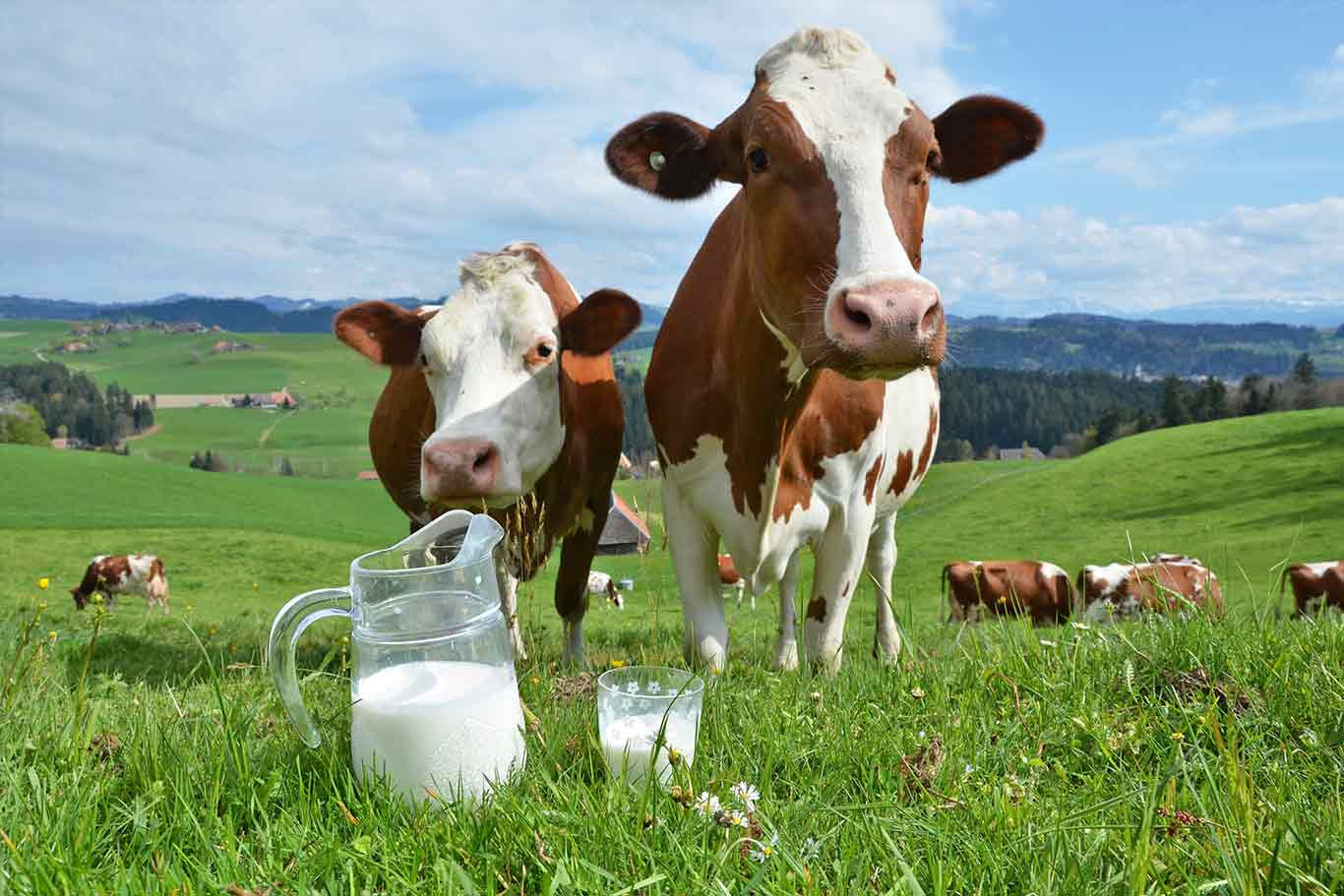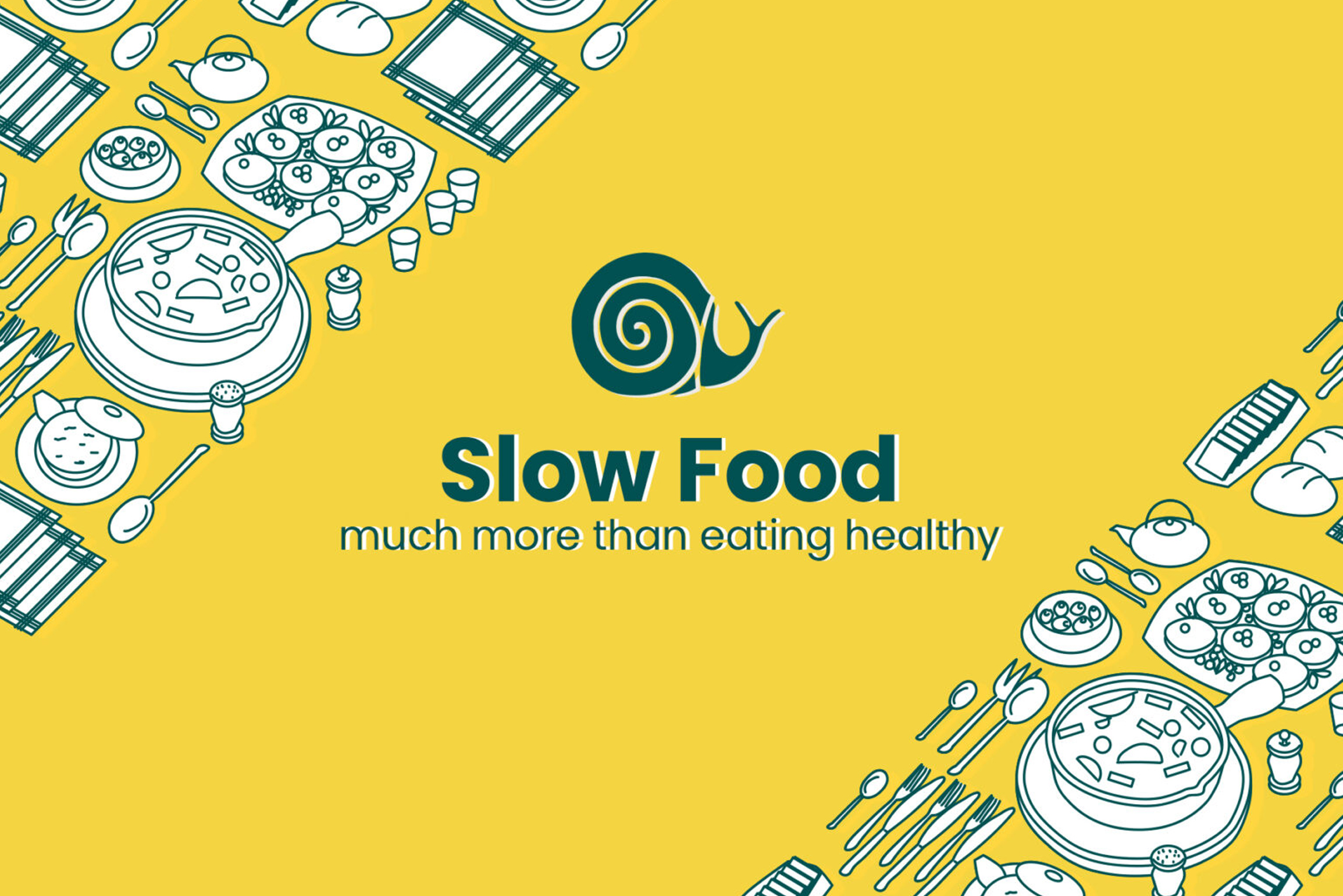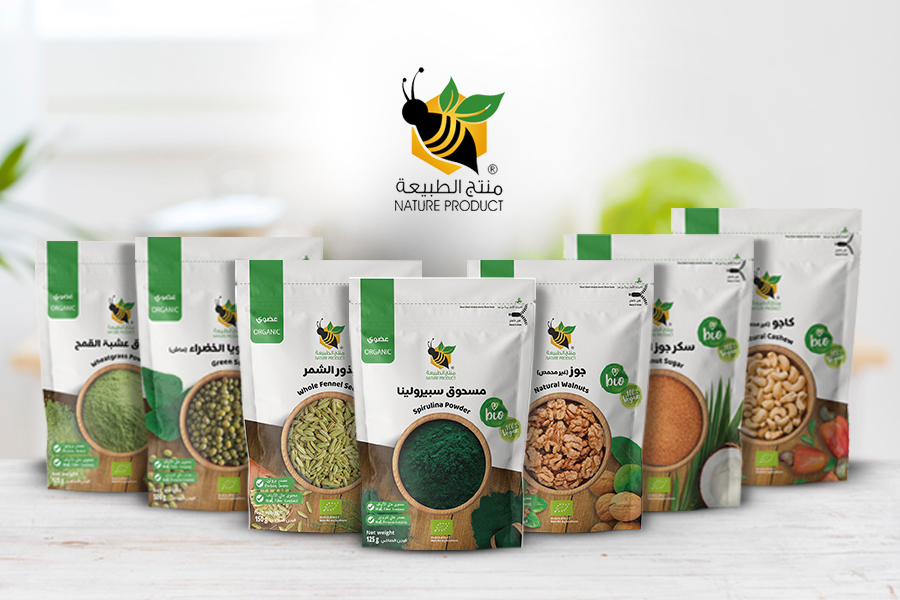The benefits of organic milk
Nowadays, we are constantly exposed to many different advises about healthy lifestyle in social media: daily trainings and good eating habits, for instance. This last one gives rise to issues such as which are the benefits of organic milk and why is it better than the conventional one.
Most of the people usually wonder: what is the difference between conventional and organic milk? Does organic really involve an improvement in our health? It is not only important to clarify this difference, but also many other uncertainties related to environmental protection. What is the real difference between organic and conventional milk? What does organic farming mean when we talk about ‘milk from happy cows’?. Keep reading to find it out.
First of all, it is important to define what organic milk is. This type of milk comes from herds which comply with the legal requirements in order to guarantee animal welfare and health.
Besides, these companies must be environmental friendly and committed to sustainable development, without forgetting the fact of offering a high-quality product, in which nor chemical products nor transgenic organisms are involved (GMO).
Organic milk comes from cows which are sanitary controlled with natural methods: they receive a healthy and natural feeding, and they also consume quality water. Moreover, cows do not live in stable and they are fed in natural fields, where no pesticides, herbicides or synthetic fertilizers are used. In addition, if weather conditions allow it, transgenic products are neither used.
These animals are never fed with fodder unless it is necessary, and they never receive any type of hormonal treatment to increase their production. On the other hand, they can not be medicated with any antibiotic, exclusively when an illness is detected by a vet.
The concept known as ‘eco term’ of the animal, which is the phase between the birth and the new insemination so that cows can milk.
Although organicl production is growing up thanks to the increased demand and the awareness of the population, there are still many differences that make their competitiveness on the market a difficult task. It is true that organic milk is more expensive, but the superior cost is clearly justified due to the quality of the final product.
However, it is indisputable that organic milk offers more benefits for human and animal health.
The production of organic milk is considerably lower in organic farming, as cows are milked less frequently, especially if it is compared with conventional farms, where cows sometimes are submitted overexploitation. It is in organic farms where animals suffer less stress, and this is clearly reflected in the quality of the milk.
Recently, the magazine British Journal of Nutrition has published the results of a revision with 196 articles about the composition of ecological milk and the production of milk by conventional methods.
As expected, conclusions were definitely favourable for organic products, as organic milk contains up to 50% of omega-3 fatty acids, which are related to cardiovascular health (as they reduce considerably the amount of cholesterol), E vitamin (which improves the immune system), and more CLA (transitions conjugated linoleic acid, which are healthy fats).
Another interesting point of view is given by the professor of the University of Newcastle Chris Seal. He affirms: ‘Half litre of organic whole milk provides 16% of the 3-omega recommendations (39 milligrams) versus 11% (25 milligrams) of the milk produced by conventional methods’.
Once this is clarified, many studies indicate that conventional milk also provides a major level of iodine with respect to the organic one (74% more than ecological milk), something that in Spain does not involve a relevant problem because since 1983, iodized salt is promoted by law. It is essential to mention that this is due to the fact that this extra is applied artificially into compound feeds consumed by animals.
Talking about the differences between organic milk and bio milk, it is important to point out the concept of ‘bio’: it is accepted by the European regulation as a synonym of ‘ecological’. This is why some brands include both terms to get away from activist connotations that the organic term can have.
According to the expression ‘milk of happy cows’, this is not related to an organic label, what is more, it can offer real guarantees as the cows have a better quality of life, ‘dry phases’ are respected or avoiding the separation of the mother immediately after the birth. By contrast, we will have to trust what the farmer does. Animal welfare organisations are against these terms as they usually respond to advertising interests.
If you want to get information about the benefits of consuming organic meat, we recommend you to check this article: “Everything you do not know about organic meat and its benefits”.
From Organic Boosting, we hope to have solved your doubts related to the differences between conventional and organic milk. There is no doubt that nutritional intake is highly superior in organic milk and also the quality life of the cows is better due to their better conditions according to feeding and quality of life.





